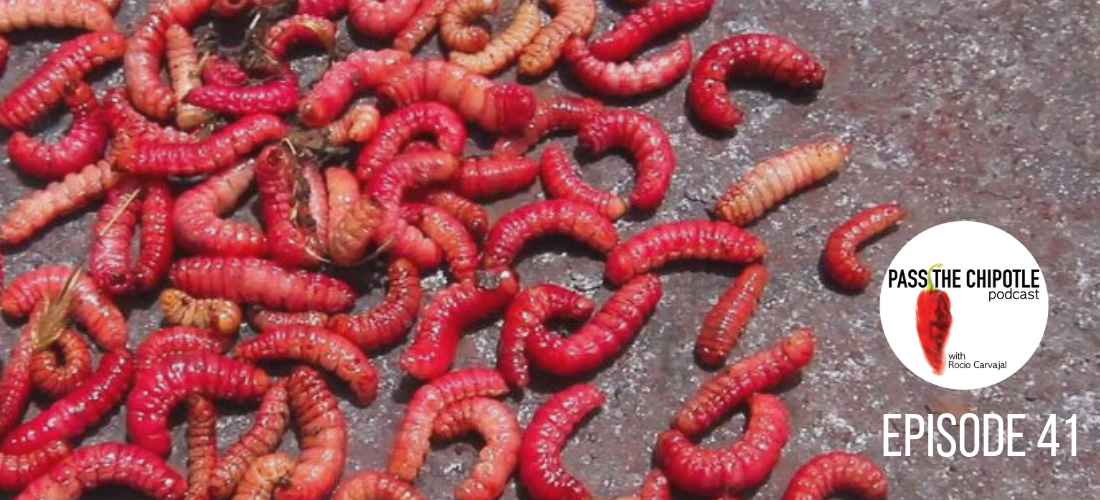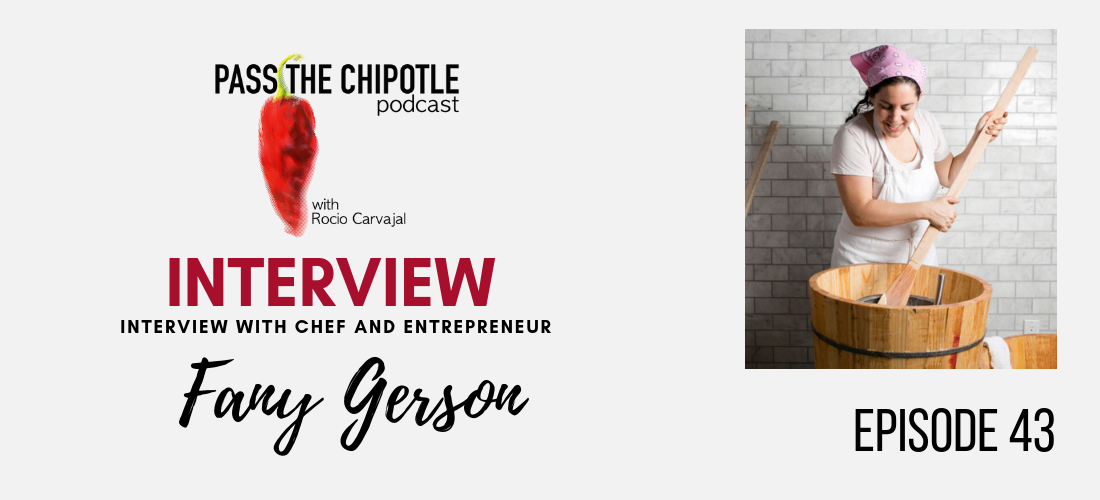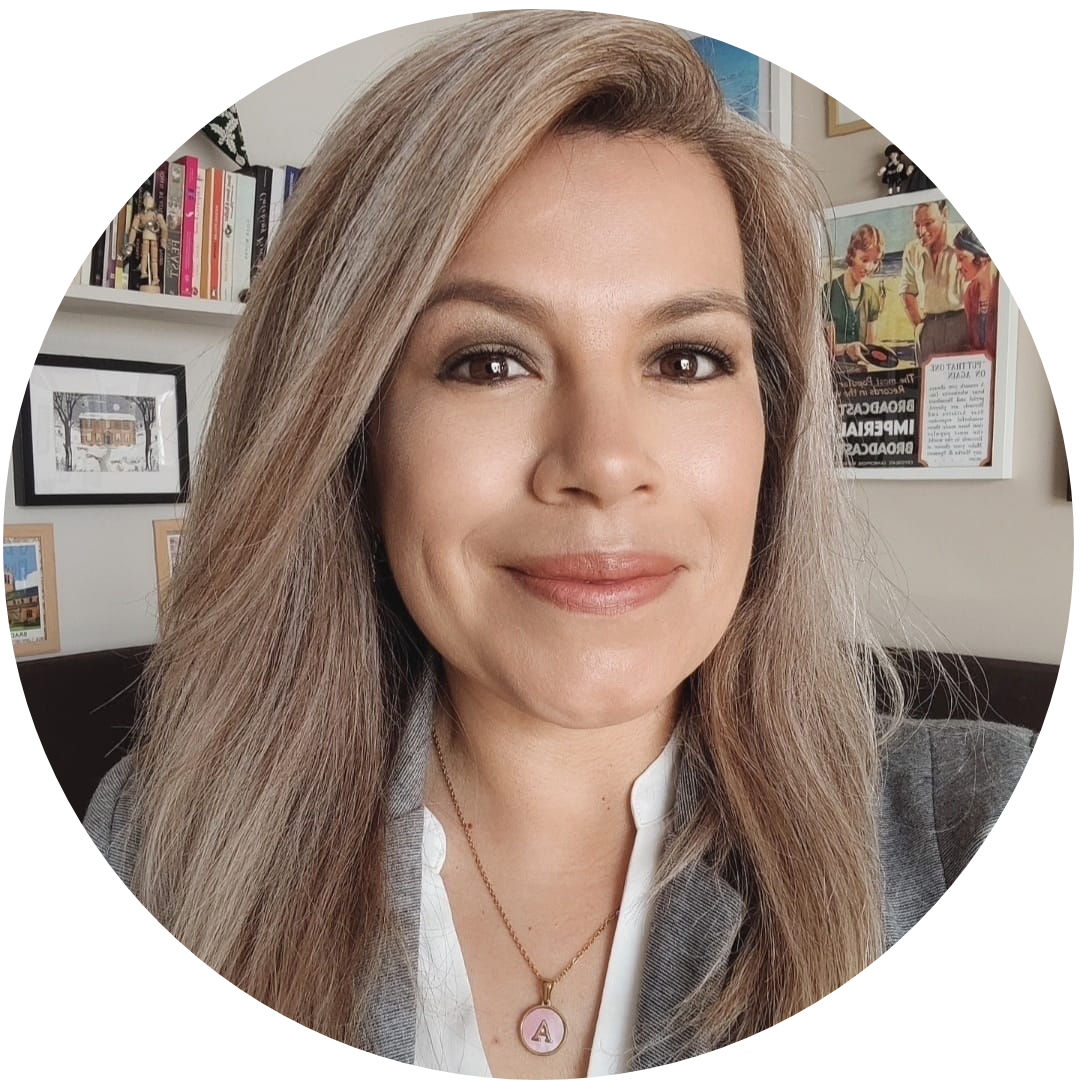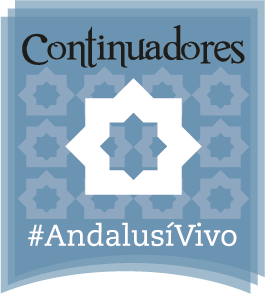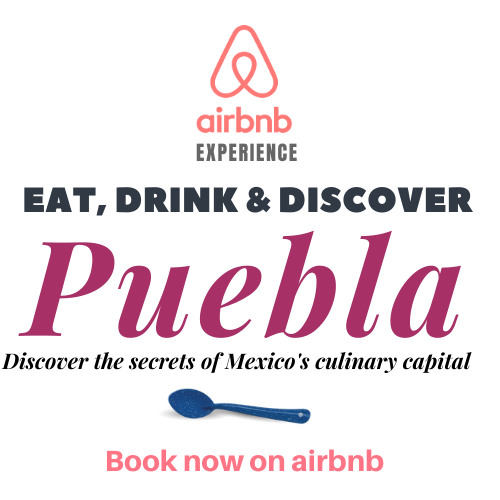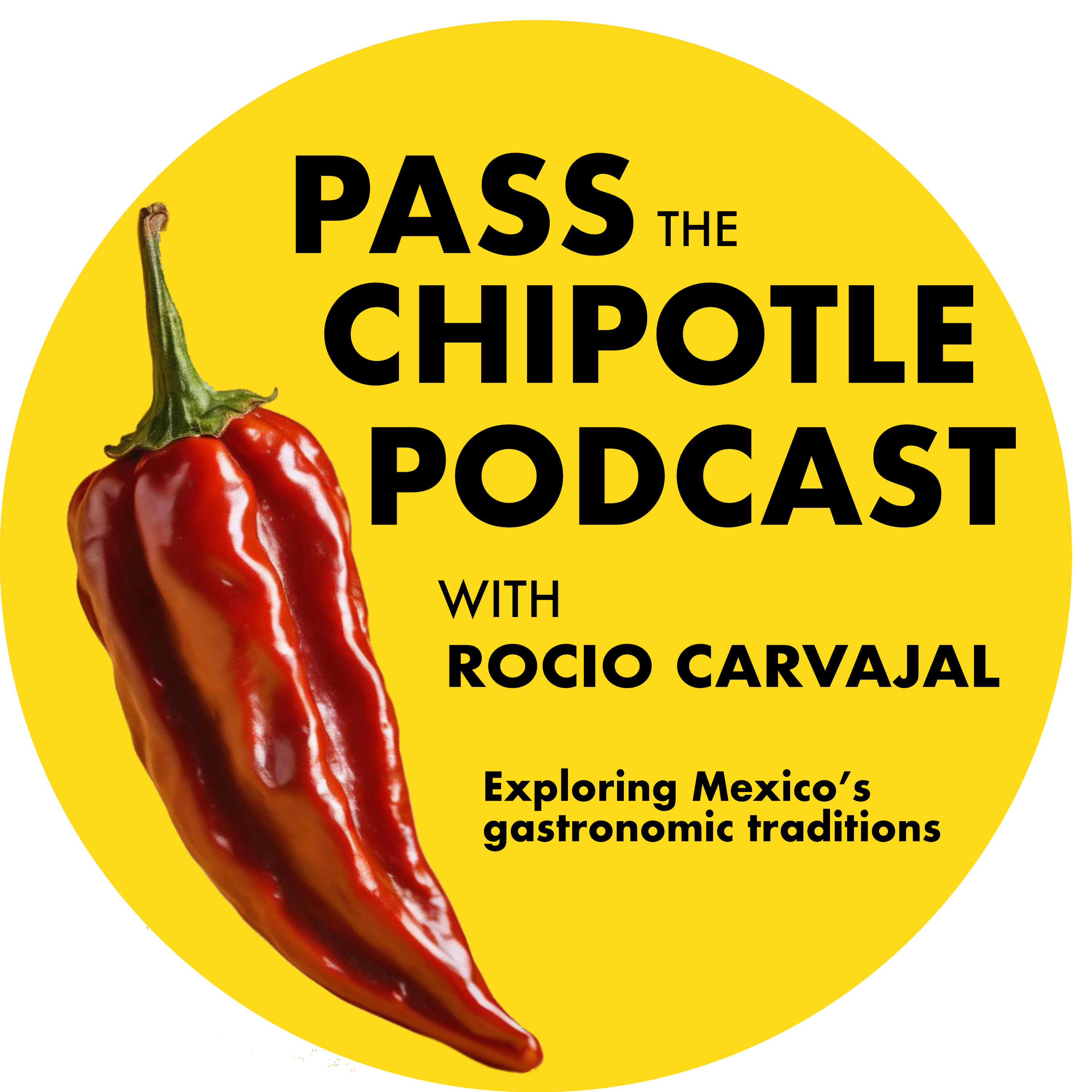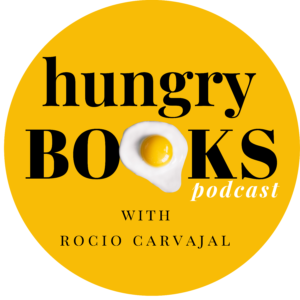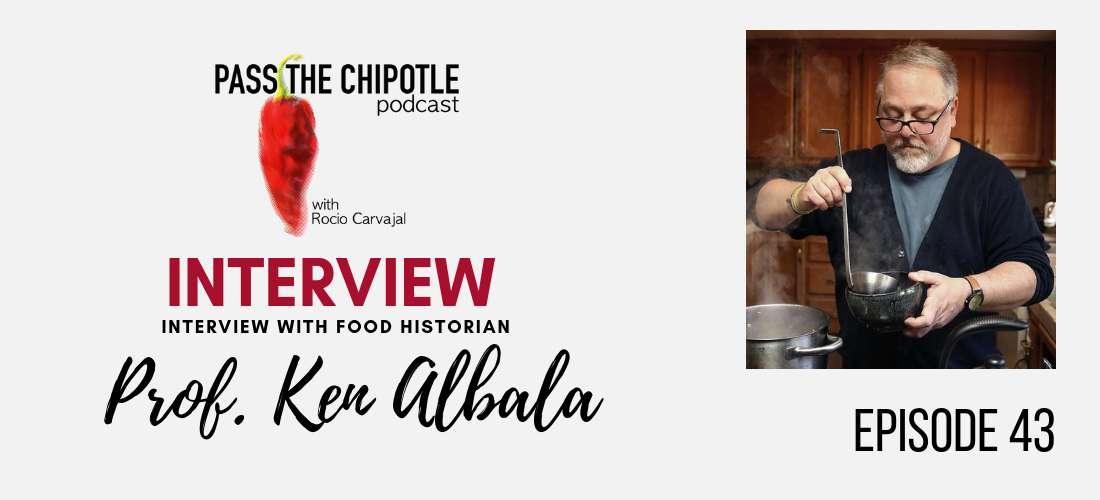
Interview with Food historian, professor Ken Albala
Presented by: Rocio Carvajal Food history writer, cook and author.
Episode 43
Food studies by large and food history in articular articulate or bring together observation and analysis that make us aware of how intricately related are all aspects of our lives as individuals and civilisations to the way we produce and consume food.
This episode features an interview with the renown Food historian, TEDx speaker, cook, professor, vlogger (that is video blogger) and part-time wine, cheese and bread maker Ken Albala, a distinguished member of the department of History of the university of the Pacific in California, U.S.A.
I became very familiar with Ken’s work a few years ago after taking his course on “Food: A Cultural Culinary History” and reading several of his award winning books including “Three World Cuisines: Italian, Mexican, Chinese” which was the 2012 winner of the Gourmand World Cookbook Awards best foreign cuisine book in the world.
Professor Albala has B.A. Modern European Studies from The George Washington University, a M.A. in Tudor and Stuart England from Yale, and a Ph.D. in Renaissance History from Columbia University, he has published, edited and co authored around 24 books and counting.
The outline of this interview began with a very ambitious set of deep questions about foodways, traditions and the importance of being less esoteric about food and more hands on to reclaim our right to enjoy it.
But during the recording of the interview it soon became clear that Ken’s honest and witty input continuously zoomed in and out of an enormous range of fascinating angles ended up being pretty much a personalised lecture for the benefit of you, the amazing audience of this show.
It was an enormous privilege to have on the sector’s most respected, knowledgable and engaging food historians who gave poignant and thought-provoking opinions and urges us all to dare to play with food, may I suggest that you listen with a notebook at hand.
Follow and connect with Prof. Ken Albala
Email: kalbala@pacific.edu
Website: Ken Albala’s Food Rant
Twitter: @kenalbala
Instagram: @kenalbala
Ken’s youtube channel: Click here
LinkedIn: Click here
These are things we talked about during the interview:
- Professor Albala’s work as public speaker, lecturer and author is raise questions about the conditions of our food system which at present times seems to be the result of a broken down paradigm in which we are crashing our environment, economy and social equality so I asked how did we reach this point and if we have ourselves to blame for this, along with the inefficiencies in our production, habits and diets.
- The notion that “Cooking made us human” (Also the subtitle of an amazing book, read my review here) is a phase that conveys a very deep meaning and in case you wondered what’s so special about food studies and is it worth the trouble of learning about it, Ken provides a very compelling argument in precise of the relevance of food studies.
- You might have noticed that trends in food cooking and food production change undulate between being technologically driven and natural methods, Ken’s own work is a reflection of that.
- Giving the fact that Ken Albala is such a prolific author and has used the academic platform to go well beyond the classroom and has lead by example socialising knowledge by it accessible to society at large I asked some firecrackers about how universities were once powerhouses of ideas but have increasingly become more and more detached from being actors of social change and becoming increasingly obsolete and isolated. Not only he shared my concern and even frustration he also made clear that the traditional teaching-learning paradigm that sets students and professors in a classroom has to change, including even the way we produce learning materials, from interactive books to podcasting.
- Part of my own work requires me to stay informed, listen and read what’s been said and discussed about food, so I share with Ken some thoughts about a recent interview with Claus Myer and the new food revolutions, Myer is the funder and co-owner of the danish restaurant Noma who started the New Nordic Cuisine movement (read the manifesto here) Ken shared some interesting points about tradition, evolution and revolution in gastronomy.
- Inevitably we touched on the subject of the cross cultural food between Mexico and the USA and how when it comes to the astronomic offer there is much more than an american interpretation of it, but it is the result of an old, complex and continuously changing set of relationships, Ken also raised the fine line between cultural appropriation and culinary admiration that deserves more analysis than quick condemnation and the benefits of having food as a gateway to explore other people.
- In some of Ken Albala’s most recent book’s are much less esoteric or heavily worded for an academic audience and much more exploratory about cooking as a cultural and creative exercise so I asked him, why is it so important for him to get people cooking and allowing themselves to mess around in the kitchen.
Links and Resources Mentioned in this Episode:
- Listen to the BBC’s The food programme’s interview with Claus Myer. Click here
- A few years ago I did a nano degree from the University of Copenhagen about the New Nordic Diet which I totally recommend: https://www.coursera.org/learn/new-nordic-diet
Some of Ken’s books:
- Three World Cuisines: Italian, Mexican, Chinese (2012) Read my review HERE.
- Noodle Soup: Recipes, Techniques, Obsession. (2017)
- The Lost Art of Real Cooking: Rediscovering the Pleasures of Traditional Food One Recipe at a Time (2010) Read my review HERE.
Online courses:
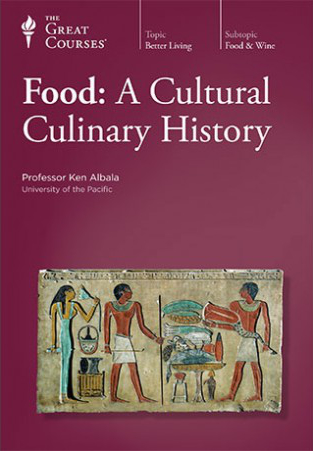
- The Great Courses’ Food A cultural Culinary History by Professor Ken Albala, which I personally recommend, the content is huge and each lesson is super engaging even has demo cooking sessions of ancient food!: Learn how the entirety of human civilisation has been shaped by our interaction with food in this delicious course. Best of all: there’s a free Trial!
There is also an audio version of this on audible: Food: A Cultural Culinary History (2013)


